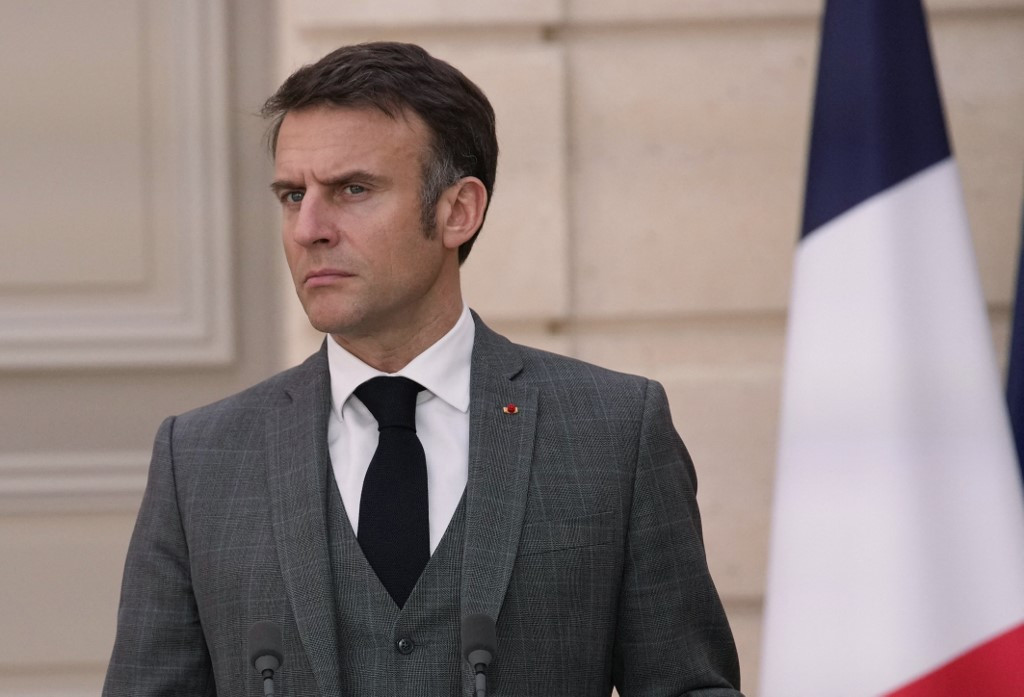- cross-posted to:
- worldnews@lemmy.ml
- cross-posted to:
- worldnews@lemmy.ml
French President Emmanuel Macron met with parliamentary parties on Thursday. During the meeting Macron said he was open to the possibility of sending troops to Ukraine, as announced by, according to French newspaper L’Independant.
Fabien Roussel, a representative of the French Communist Party, said after the meeting that “Macron referenced a scenario that could lead to intervention [of French troops]: the advancement of the front towards Odesa or Kyiv.”
He noted that the French President showed parliamentarians maps of the possible directions of strikes by Russian troops in Ukraine.
Following the meeting, Jordan Bardella of the far-right National Rally party noted that “there are no restrictions and no red lines” in Macron’s approach.



They surrendered to the Germans after putting up a brave fight for ** checks notes ** 5 weeks.
Meanwhile, 'murica: let’s make a lot of money by selling war machines to both sides :)
It was a good demonstration of the blitzkrieg tactic. Hitting hard and fast with aircraft, tanks and troop carriers without giving the enemy time to regroup or resupply. By the time the French knew what was happening it was too late to mobilize.
The tactic couldn’t be counted until the opposing side had enough firepower to stall it which would’ve taken too long and by that time defeat is a guarantee.
Soviets were given tanks, aircraft, factories, everything they needed to counter the Germans later in the war which halted their army and that’s when the blitzkrieg fell apart.
Blitzkrieg is effective but only when your moving faster than the enemy can regroup and counter
Except that most German units were not motorized and highly reliant on horse-drawn carts. French tanks were more numerous, better armed and better armored - but they were used less effectively. France was fighting WW1 part deux, whereas Germany was using their inferior equipment more effectively. The entire thing was still a gamble and by no means the foregone conclusion at the start.